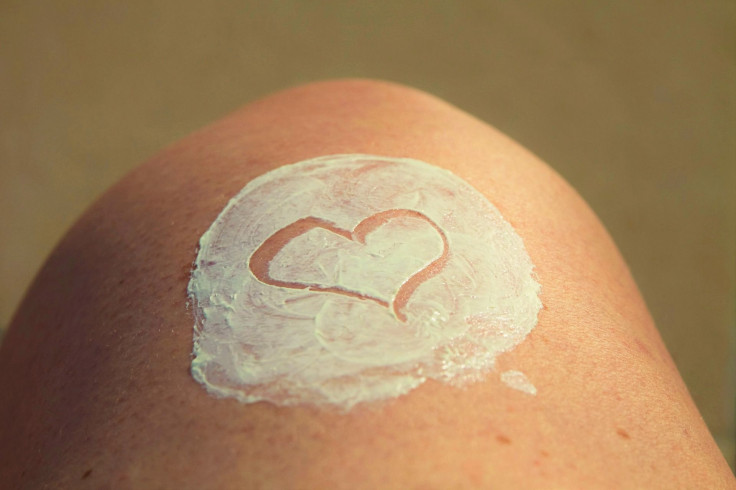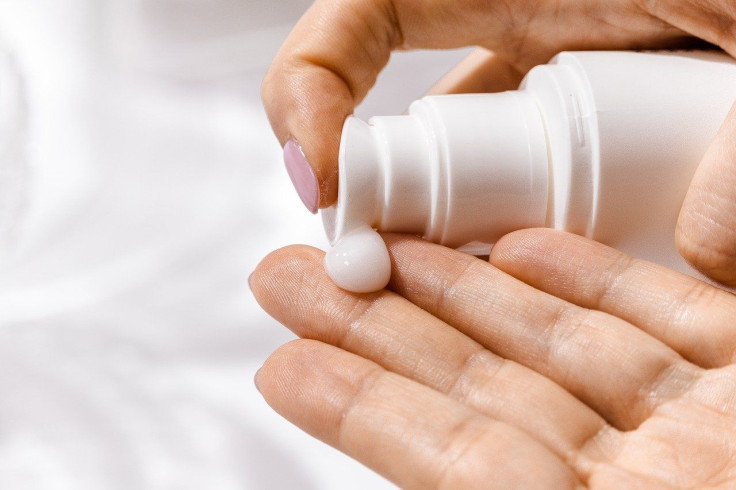Toddler Suffers 'Horrific' Allergic Reaction After Using Sunscreen: 'His Face Swelled Up'

KEY POINTS
- The Australian kid broke out in hives after using a well-known subscreen brand
- A U.S. study found cancer-causing chemicals in nearly 80 sunscreen brands
- An anti-aging cream ingredient also found in sunscreens can break down into a known carcinogen
A three-year-old Australian child suffered a severe allergic reaction after using a popular sunscreen. His mom is now advocating for more transparency in skincare product ingredients.
Violet Lowe from Sydney, Australia shared the "horrific" incident when her son, Sonny, broke out in hives after applying sunscreen from a well-known brand.
"It was horrific," the 37-year-old mom told the Australian Associated Press.
"Everywhere I'd applied, it came out in hives within 20 minutes, and his face swelled up.
"He was really distressed as it was so itchy, and we ended up taking him to hospital in case it caused anaphylactic shock," she added.
Lowe now hopes skincare brands would list all ingredients on their labels to avoid a similar incident from happening again. Especially after Australia's Therapeutic Goods Administration recently decided to test sunscreens for cancer-causing chemicals.
The TGA announced last week it would test locally-produced sunscreen brands following a U.S. study that found benzene in nearly 80 brands.
Benzene is an industrial chemical found in crude oil and is a significant part of gasoline. It is also used to make plastics, resins, detergents and pesticides.
In another U.S. research, an anti-aging cream ingredient, octocrylene, was also found in sunscreens that can break down into benzophenone, a known carcinogen.
The benzophenone in sunscreens can mess with estrogen, which plays a crucial role in women's health, Bloomberg reported.
The TGA said their test results would be published on its website as soon as it is available.
It said that while octocrylene was an approved ingredient in local sunscreens at a maximum of 10%, they don't consider this an unacceptable risk when used as directed.
The carcinogen reported to be detected only at trace amounts did not consider this an unacceptable risk when the sunscreens are used as directed.
In the U.S., scientists petitioned the Food and Drug Administration to pull out all sunscreens containing octocrylene from the market, including brands such as Coppertone, Banana Boat and Neutrogena.

© Copyright IBTimes 2025. All rights reserved.





















